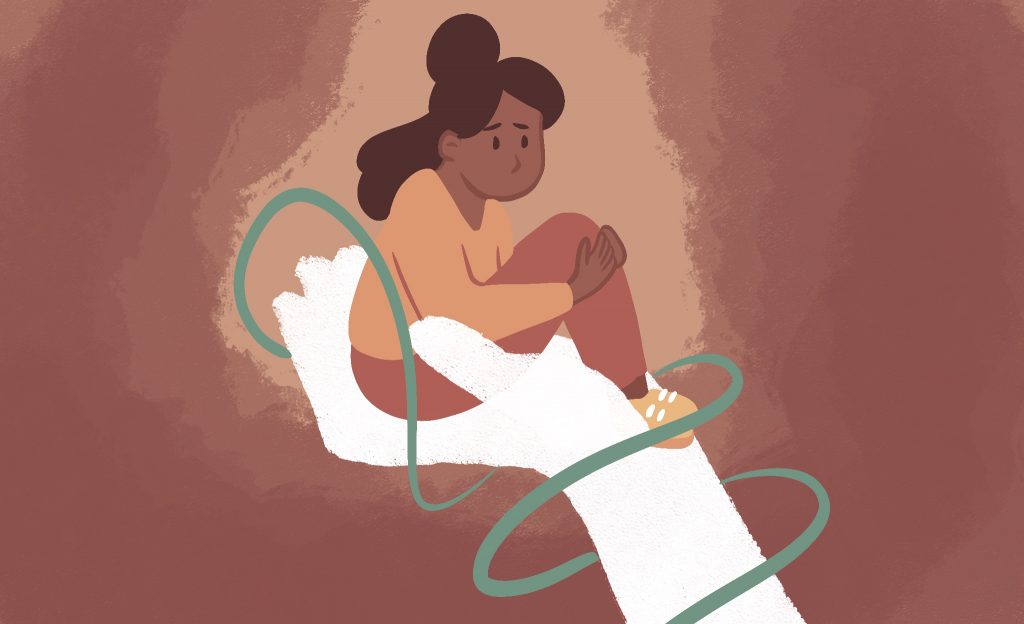
Experiencing a cardiac arrest as a foundation doctor can be a stressful and overwhelming experience. Here are some psychological strategies that can help you manage your emotions and stress in the aftermath of a cardiac arrest:
Reflect on your experience:
Reflect on the experience and what you learned from it. This can help you to gain perspective and develop strategies for future cardiac arrests. Gain feedback from your peers from the ‘debrief’ after the incident, and if a ‘debrief’ hasn’t occurred, enquire why and ask for feedback in other ways.
Identify your triggers:
Recognise what triggers your stress or anxiety, such as the memory of the event or certain sounds or smells. Once you have identified your triggers, you can take steps to manage them.
Focus on the positive:
Even in challenging situations, there are positive moments to be found. Focus on the positive aspects of the experience, such as the successful resuscitation or the teamwork involved.
Practice mindfulness:
Mindfulness can help you to stay present and focused, which can reduce stress and anxiety. Incorporate mindfulness practices such as meditation or deep breathing into your daily routine.
Accept your emotions:
Allow yourself to feel the emotions that come with the experience, such as fear, anxiety, or sadness. Acknowledge and accept your emotions without judgment, and seek support if needed.
Seek support:
Talking to colleagues, friends, or family members who have gone through similar experiences can help you to process your emotions and feelings. If necessary, seek professional help from a mental health professional.
Monitor:
Sometimes, it isn’t until much later after the event that our feelings manifest. Monitor how you are feeling and if you notice that your feelings are changing, seek support. Read also ‘Moral Injury’ and ‘Psychological Trauma’ in ‘Cost of Caring.’
Remember, experiencing a cardiac arrest as a foundation doctor can be a challenging experience, but there are strategies you can use to manage your emotions and stress. By seeking support, practicing self-care, and reflecting on your experience, you can manage your emotions and develop strategies for future cardiac arrests.